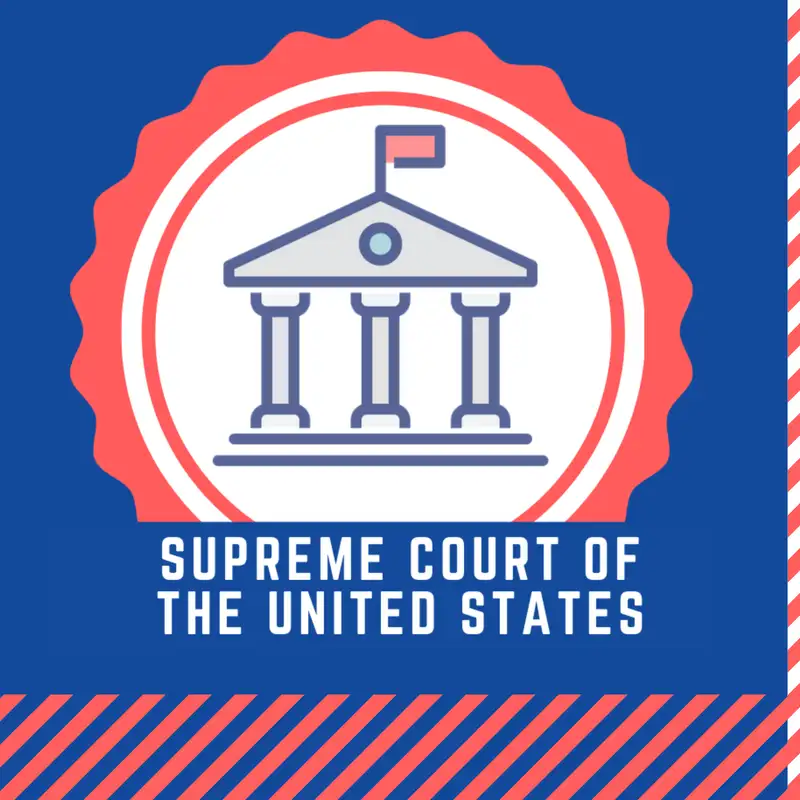Case: 18-260 County of Maui v. Hawaii Wildlife Fund (2019-Nov-06)
QUESTION PRESENTED:
In the Clean Water Act (CWA), Congress differentiated between point source and nonpoint source pollution in controlling pollution of navigable waters. The CWA regulates point source pollution through permits, while nonpoint source pollution is controlled through federal oversight of state management programs and other non-CWA programs.
This Court and several courts of appeals have read the CWA's line dividing point source and nonpoint source pollution to turn on whether pollutants are delivered to navigable waters by a point source.
Parting with those cases, the Ninth Circuit concluded that point source pollution also includes pollutants that reach navigable waters by nonpoint sources so long as the pollutants can be "traced" in more than "de minimis" amounts to a point source. This holding expands CWA permitting to millions of sources previously regulated as nonpoint source pollution.
The questions presented are:
- Whether the CWA requires a permit when pollutants originate from a point source but are conveyed to navigable waters by a nonpoint source, such as groundwater.
- Whether the County of Maui had fair notice that a CWA permit was required for its underground injection control wells that operated without such a permit for nearly 40 years.
https://www.supremecourt.gov/oral_arguments/argument_transcripts/2019/18-260_8mjp.pdf
--- Support this podcast: https://anchor.fm/scotus/support ★ Support this podcast on Patreon ★